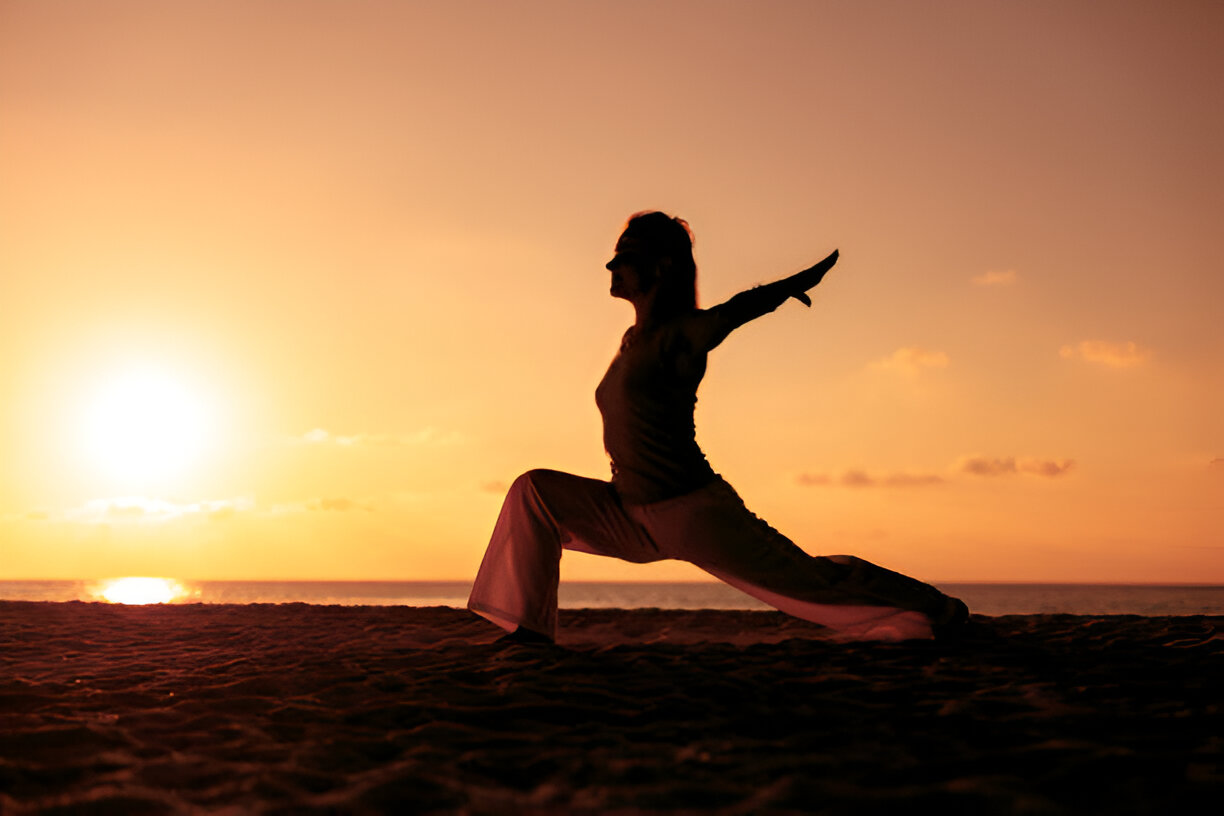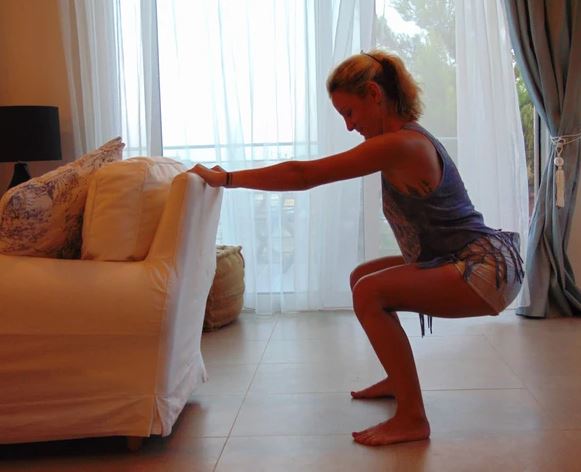Hatha Yoga is a traditional form of yoga that combines physical postures (asanas), breathing techniques (pranayama), and meditation to create a harmonious balance between mind and body. Originating in ancient India, this practice has been widely recognized for its numerous mental and physical health benefits. Today, Hatha Yoga is used as a powerful tool to improve mental health, reduce stress, and enhance overall wellbeing.
The Connection Between Hatha Yoga and Mental Health
Mental health is an essential aspect of our overall wellness. Stress, anxiety, and depression have become prevalent in modern society due to hectic lifestyles, work pressure, and social expectations. Hatha Yoga provides a holistic approach to managing mental health by:
- Regulating the nervous system
- Reducing cortisol levels (the stress hormone)
- Enhancing mood through endorphin release
- Promoting mindfulness and relaxation
Hatha Yoga Postures for Mental Wellbeing
Practicing specific yoga postures can help in alleviating mental stress and fostering emotional stability. Below are some of the most effective Hatha Yoga poses for mental health and relaxation.
1. Balasana (Child’s Pose)
This gentle, grounding pose calms the mind and releases tension from the back and shoulders. It is particularly useful for reducing anxiety and promoting inner peace.
How to do it:
- Sit on your heels and fold forward, extending your arms in front.
- Rest your forehead on the mat and take deep breaths.
- Hold for 30 seconds to 1 minute.
2. Sukhasana (Easy Pose) with Pranayama
Sitting in Sukhasana while practicing deep breathing techniques improves focus, reduces stress, and enhances mental clarity.
How to do it:
- Sit cross-legged with a straight spine.
- Close your eyes and take deep, slow breaths.
- Practice Nadi Shodhana (Alternate Nostril Breathing) for added benefits.
3. Uttanasana (Standing Forward Bend)
This pose is excellent for relieving tension, increasing blood circulation to the brain, and calming the nervous system.
How to do it:
- Stand with your feet hip-width apart.
- Bend forward, letting your head relax towards the floor.
- Hold for 30 seconds while breathing deeply.
4. Viparita Karani (Legs Up the Wall Pose)
This restorative pose reduces anxiety, improves circulation, and promotes deep relaxation.
How to do it:
- Lie on your back and place your legs against a wall.
- Keep your arms relaxed at your sides.
- Stay in the position for 5-10 minutes.
5. Savasana (Corpse Pose)
No yoga session is complete without Savasana. This pose brings total relaxation to the body and mind, helping to combat stress and anxiety.
How to do it:
- Lie flat on your back with arms at your sides.
- Close your eyes and focus on your breathing.
- Stay in the pose for 5-10 minutes.
Breathing Techniques (Pranayama) for Mental Health
Breathing exercises are a powerful tool to control stress and anxiety. Hatha Yoga incorporates various Pranayama techniques that enhance mental clarity and emotional balance.
1. Anulom Vilom (Alternate Nostril Breathing)
This technique balances brain activity, reduces stress, and improves focus.
How to do it:
- Sit comfortably and close your right nostril with your thumb.
- Inhale deeply through the left nostril.
- Close the left nostril and exhale through the right nostril.
- Repeat for 5 minutes.
2. Bhramari (Bee Breath)
This technique calms the nervous system and relieves tension.
How to do it:
- Sit in a relaxed position.
- Close your eyes and take a deep breath in.
- Exhale while making a humming sound like a bee.
- Repeat for 5-7 rounds.
Meditation and Mindfulness in Hatha Yoga
Meditation is an integral part of Hatha Yoga, helping to enhance emotional stability, increase self-awareness, and promote mental peace. A daily meditation practice can significantly improve overall mental resilience.
1. Guided Meditation for Stress Relief
Listening to guided meditation helps in controlling stress levels and achieving mental clarity.
2. Mindfulness Meditation
Practicing mindfulness enhances present-moment awareness and helps to reduce overthinking.
How to practice:
- Sit in a comfortable position.
- Close your eyes and focus on your breath.
- Observe your thoughts without judgment.
- Continue for 10-15 minutes daily.
The Scientific Evidence Supporting Hatha Yoga for Mental Health
Scientific research has proven that Hatha Yoga has a significant impact on reducing stress, anxiety, and depression. Studies show that regular yoga practice:
- Lowers cortisol levels (stress hormone)
- Increases serotonin and dopamine (happy hormones)
- Improves brain function and cognitive abilities
- Reduces symptoms of PTSD and depression
How to Incorporate Hatha Yoga into Daily Life
To gain the maximum benefits of Hatha Yoga, it is essential to make it a part of your daily routine.
Tips for Beginners:
- Start with 10-15 minutes of daily practice
- Gradually increase session duration
- Practice yoga in a calm, distraction-free environment
- Be consistent and patient with progress
Best Time to Practice Hatha Yoga
- Morning: Boosts energy levels and mental clarity.
- Evening: Helps unwind and release the stress of the day.
Conclusion
Hatha Yoga is a powerful practice for improving mental health and overall wellbeing. By incorporating yoga postures, breathing exercises, and meditation into daily life, individuals can experience enhanced emotional balance, reduced stress, and a deeper connection between mind and body. Regular practice leads to improved concentration, relaxation, and a happier, healthier life.

